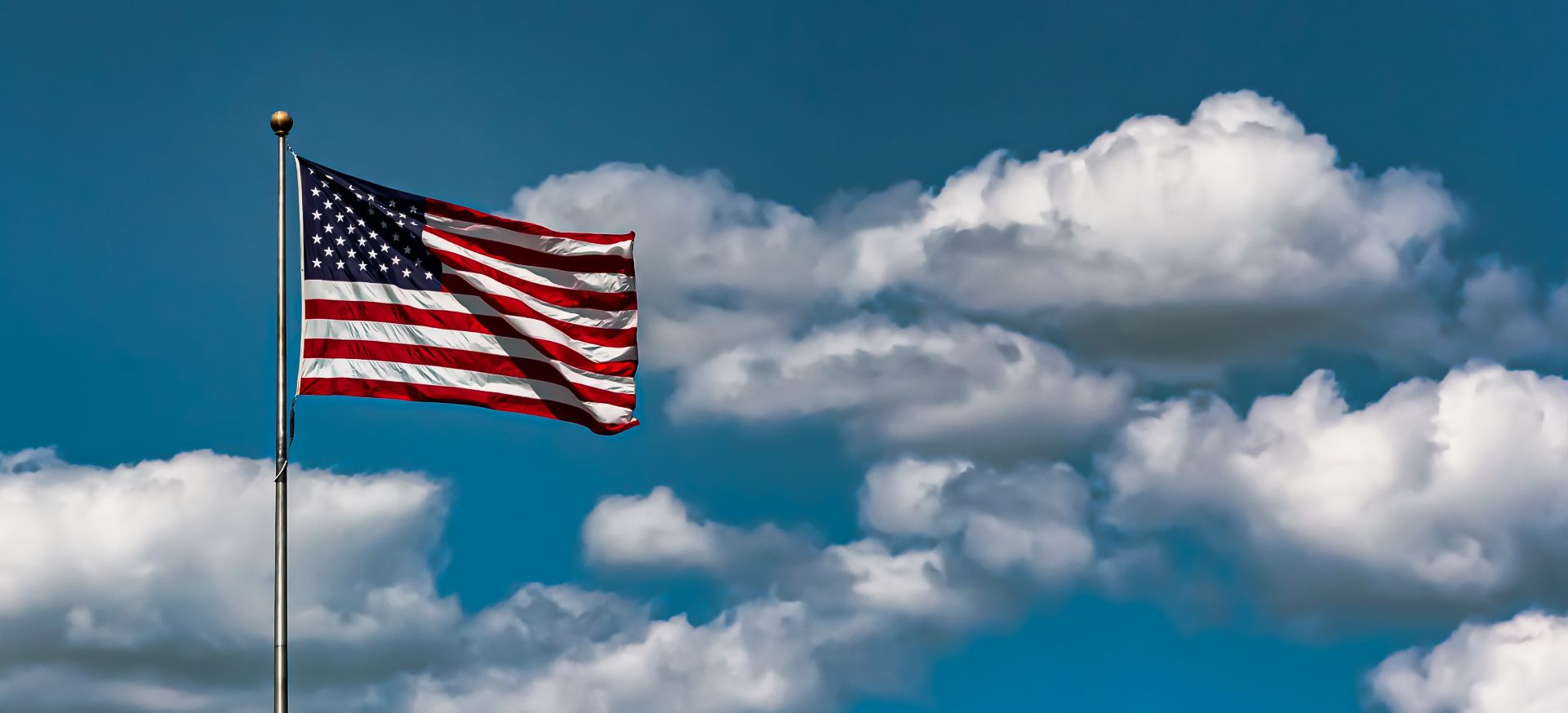Hurricane Season: June 1- November 30
With helpful tips and instructions from the American Red Cross, this guide is everything you need to be ready for severe weather. BCSS recognizes the tremendous value of the Red Cross and continuously partner with our local Alabama Gulf Coast chapter to support its cause. We hope that you support them as well by donating at www.RedCross.org/Donate
The Red Cross responds to approximately 70,000 disasters in the United States every year, ranging from home fires that affect a single family to hurricanes that affect tens of thousands, to earthquakes that impact millions. In these events, the Red Cross provides shelter, food, health and mental health services to help families and entire communities get back on their feet.
Hurricane Watch
Hurricane conditions are a threat within 48 hours. Review your hurricane plans. Get ready to act if a warning is issued, and stay informed.
Hurricane Warning
Hurricane conditions are expected within 36 hours. Complete your storm preparations and leave the area if directed to do so by authorities.
Hurricane Safety To-Do List:
- Listen to a NOAA Weather Radio (Available on the Red Cross Store) for critical information from the National Weather Service (NWS).
- Check your disaster supplies. Replace or restock as needed.
- Bring in anything that can be picked up by the wind (bicycles, lawn furniture).
- Close your windows, doors and hurricane shutters. If you do not have hurricane shutters, close and board up all windows and doors with plywood.
- Turn your refrigerator and freezer to the coldest setting. Keep them closed as much as possible so that food will last longer if the power goes out.
- Turn off propane tank.
- Unplug small appliances.
- Fill your car’s gas tank.
- Create a hurricane evacuation plan with members of your household. Planning and practicing your evacuation plan minimizes confusion and fear during the event.
- Find out about your community’s hurricane response plan. Plan routes to local shelters, register family members with special medical needs and make plans for your pets to be cared for.
- Obey evacuation orders. Avoid flooded roads and washed out bridges.
Recommended Hurricane Supplies
- Water—at least a 3-day supply; one gallon per person per day
- Food—at least a 3-day supply of non-perishable, easy-to-prepare food
- Flashlight [Available on the Red Cross Store]
- Battery-powered or hand-crank radio (NOAA Weather Radio, if possible) [Available on the Red Cross Store]
- Extra batteries
- First aid kit
- Medications (7-day supply) and medical items (hearing aids with extra batteries, glasses, contact lenses, syringes, etc.)
- Multi-purpose tool
- Sanitation and personal hygiene items
- Copies of personal documents (medication list and pertinent medical information, proof of address, deed/lease to home, passports, birth certificates, insurance policies)
- Cell phone with chargers
- Family and emergency contact information
- Extra cash
- Emergency blanket [Available on the Red Cross Store]
- Map(s) of the area
- Baby supplies (bottles, formula, baby food, diapers)
- Pet supplies (collar, leash, ID, food, carrier, bowl)
- Tools/supplies for securing your home
- Extra set of car keys and house keys
- Extra clothing, hat and sturdy shoes
- Rain gear
- Insect repellent and sunscreen
- Camera for photos of damage
What To Do After a Hurricane
- Continue listening to a NOAA Weather Radio or the local news for the latest updates.
- Stay alert for extended rainfall and subsequent flooding even after the hurricane or tropical storm has ended.
- If you evacuated, return home only when officials say it is safe.
- Drive only if necessary and avoid flooded roads and washed out bridges.
- Keep away from loose or dangling power lines and report them immediately to the power company.
- Stay out of any building that has water around it.
- Inspect your home for damage. Take pictures of damage, both of the building and its contents, for insurance purposes.
- Use flashlights in the dark. Do NOT use candles.
- Avoid drinking or preparing food with tap water until you are sure it’s not contaminated.
- Check refrigerated food for spoilage. If in doubt, throw it out.
- Wear protective clothing and be cautious when cleaning up to avoid injury.
- Watch animals closely and keep them under your direct control.
- Use the telephone only for emergency calls.






